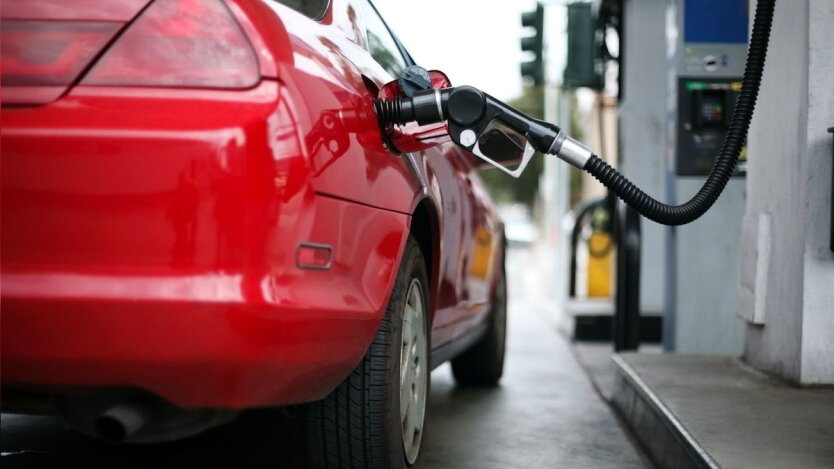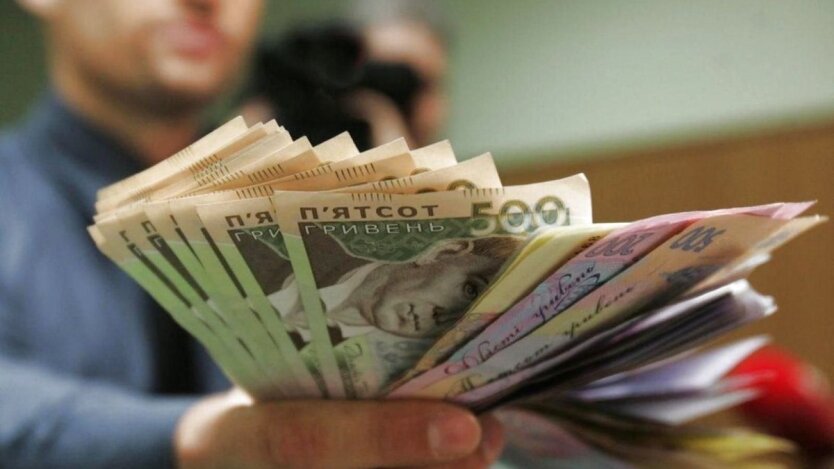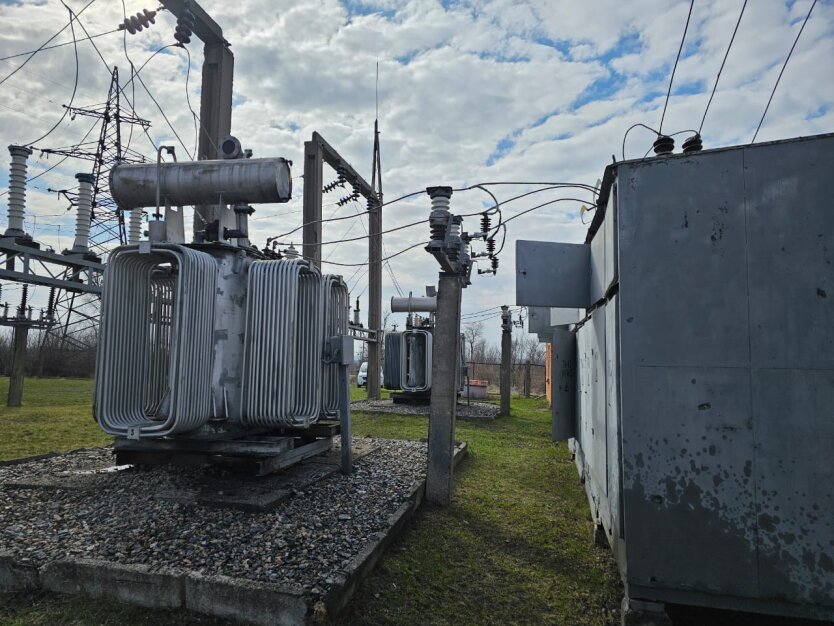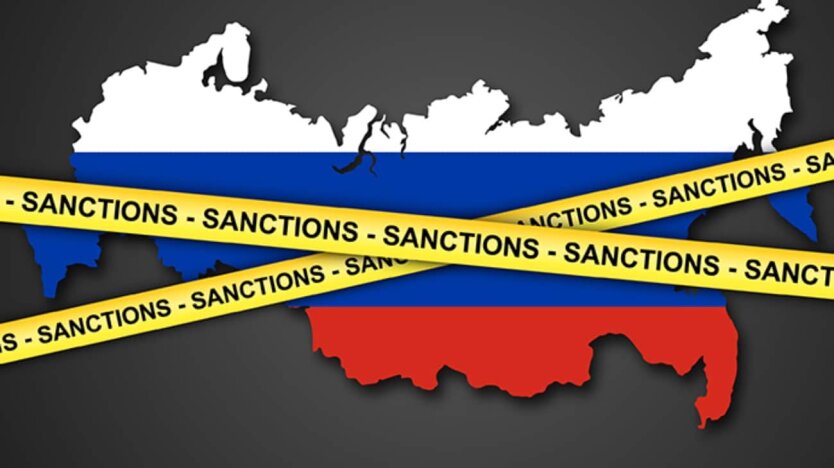Chancellor Merkel reports on the recovery of the European economy after the COVID-19 pandemic.

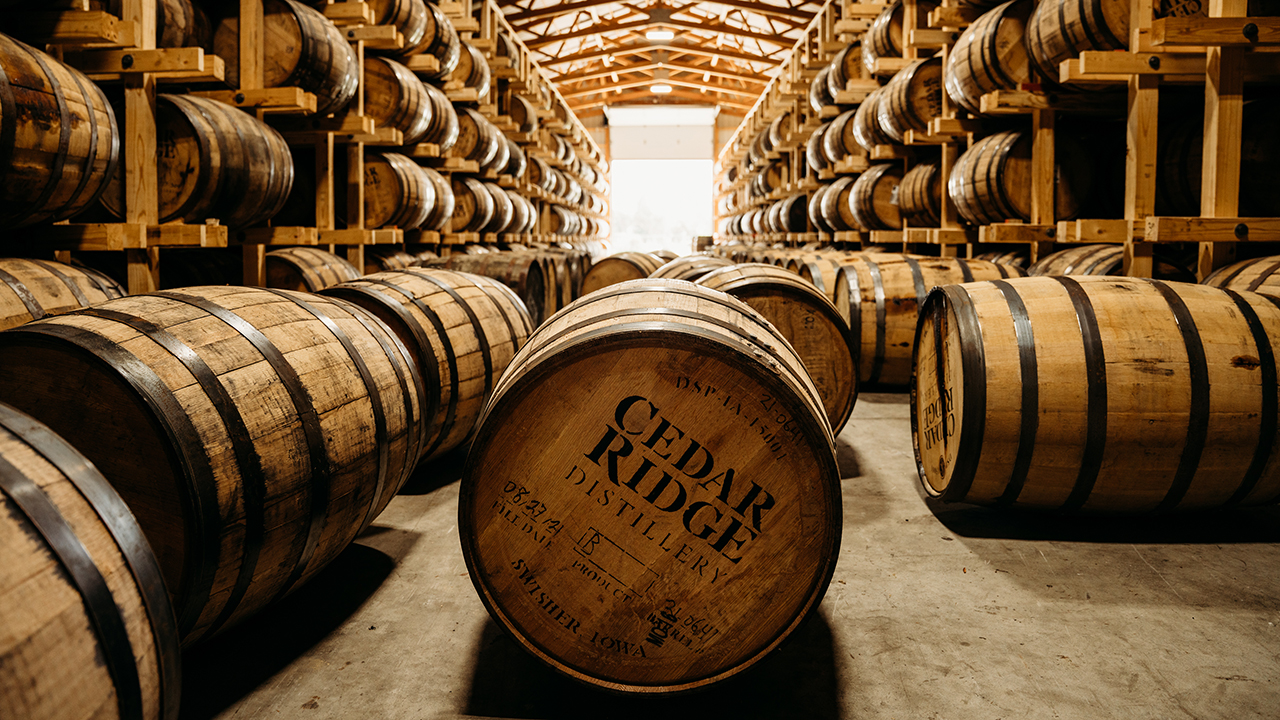
The trade war between the USA and its allies is affecting alcohol producers
Distilleries are deciding to exit overseas due to uncertainty about tariffs, while brewers are facing the onset of an aluminum tax, which may lead to price increases for beer cans.
The EU tariffs American wax in response to US tariffs on steel and aluminum
US President Donald Trump threatens to impose a 200% tariff on alcoholic products from France and other European countries. The threat came soon after the European Union announced a planned 50% tariff on American wax. The European Commission plans to impose counter-tariffs of 26 billion euros on American goods in response to the 25% tariffs on steel and aluminum imposed by Trump.
The head of the Distillers' Council wants an agreement with the EU on alcohol tariffs
The head of the Distillers' Council, Chris Swonger, urges the president to negotiate with the European Union regarding alcohol tariffs. He claims that the US alcohol industry supports economic activity of over 200 billion dollars, creates 1.7 million jobs in manufacturing, distribution, hospitality, and retail, and purchases about 2.8 billion pounds of grain from US farmers.
'We urge President Trump to negotiate with the EU on an alcohol agreement that would lead to the removal of tariffs. This will create jobs in the US and increase production and exports in the American hospitality sector,' he said in a statement last week.
Alcohol producers face challenges due to tariffs
Distillers like Jeff Quint, owner of Cedar Ridge Distillery in Iowa, find themselves in a tough spot. Quint understands that the administration is aiming for certain goals, but he says that 'it's almost impossible to sportively call that bourbon will not be a casualty of this process.'
Alcohol producers are forced out of competition in overseas markets due to decreased demand. This will lead to market oversaturation in the US, creating more competition among domestic distillers.
'If you have 300 distilleries producing bourbon, and we continue to produce the same amount of bourbon, while global demand is falling due to the imposed tariffs, you will end up with bourbon dumps inside the country,' Quint said. 'This could help the consumer because it may lower bourbon prices, but it won’t help those 300 distilleries.'
The publisher of Beer Business Daily, Harry Schumacher, states that the bourbon and wine industry is either facing massive oversupply or a lack of accommodation. Additionally, bourbon supplies can be stored for up to 50 years or more.
Schumacher also emphasized that the beer industry has faced its unique challenges due to tariffs. To this day, a much more pressing issue is the 25% tariff on imported steel and aluminum, which is taking effect this week.
'Almost all of our aluminum can material comes from overseas,' he said. 'I know the administration does not want inflation, but this will lead to a direct increase in beer prices. A huge cost factor for beer is aluminum.'
Schumacher added that the detailed impact of this on the beer industry is much larger than on the non-alcoholic beverage industry, as 75% of beer is sold in cans.
Read also
- Drivers shown new gas station prices: where refueling has become unprofitable
- Contribution of 1760 hryvnias: the Pension Fund of Ukraine revealed how to affect the pension
- Ukrainian hospitals will be divided into clusters: how this will affect patients
- The Energy Fund increased procurement volumes of equipment for Ukraine
- The European Union has extended certain sanctions against Russia: deadlines announced
- Behind the wheel is not allowed: drivers are deprived of their rights for evading mobilization

